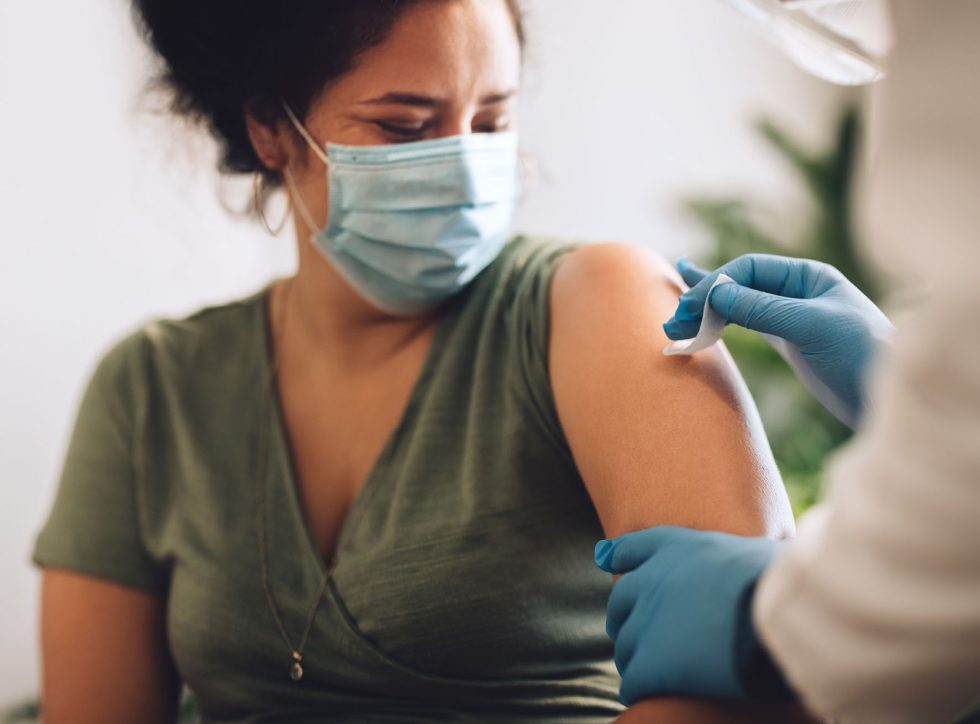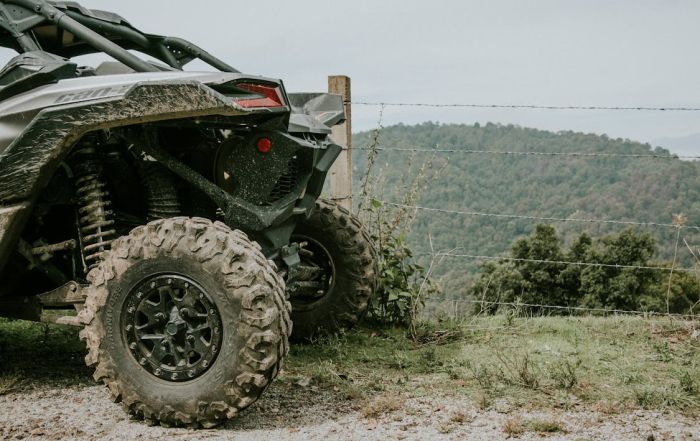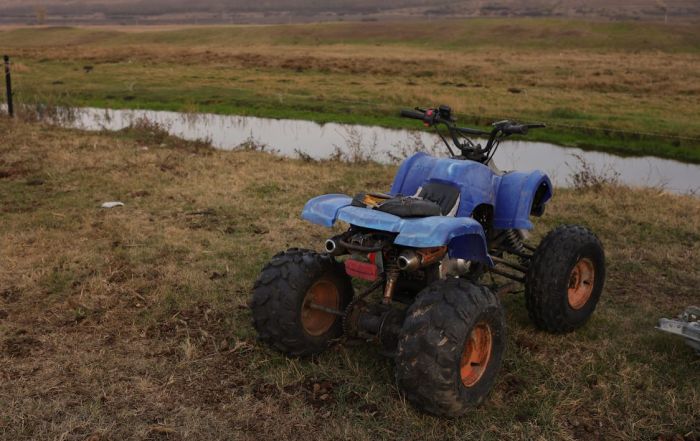
Covid-19 Vaccines and Personal Injury Compensation
The Public Health Agency of Canada (PHAC) has stated that the likelihood of becoming severely injured by a COVID-19 vaccine is less than one in a million. However, complications will inevitably arise over the next several months with the administration of tens of millions of doses, and patients who experience those complications may opt to seek compensation accordingly.
The federal government has recently announced its upcoming national vaccine-injury support program. This program will offer “no-fault support” to anyone who experienced serious side effects from receiving the vaccine.
Support programs that focus on vaccine injuries protect vaccine recipients who experience severe side effects from receiving the vaccine. “Vaccine hesitancy” remains a problem in Canada despite the low risk of adverse side effects. Any support program that helps people who suffer these side effects could counter the vaccine-hesitancy problem.
Vaccine-injury support programs also prevent vaccine producers from facing litigation. With vaccines being the vital weapon in the battle against COVID-19, any supply shortage of vaccines would be catastrophic.
Whereas the United States has the Countermeasures Injury Compensation Program (CICP) and the UK has the Vaccine Damage Payments Scheme (VDPS), Canada still has no national program or fund for no-fault vaccine support for offering compensation for injuries resulting from receiving the vaccine. Although each of these programs, in the United States and the UK, respectively, has had setbacks concerning compensation eligibility (which is the case for CICP) and rate of claim rejection (which is the case for VDPS), they have both proven to be more reliable than the alternative of having no program at all.
At McNally Gervan Personal Injury Lawyers, our team is committed to helping seriously injured accident victims secure compensation to help cover the cost of their recoveries. Contact McNally Gervan today to learn more about how we can help.






Follow Us